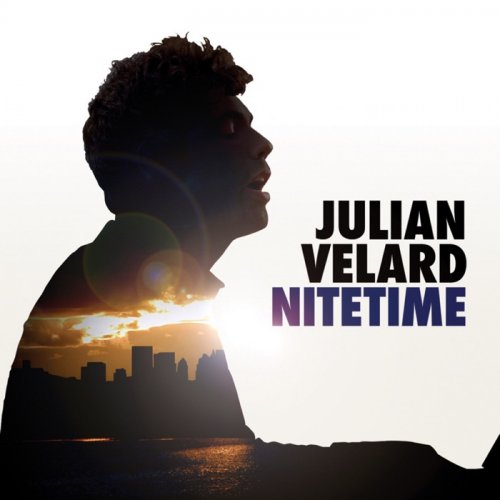Pavol Breslik - The Diary of One Who Disappeared (2020)
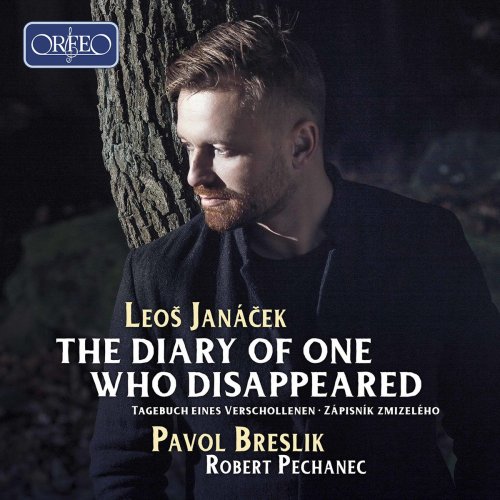
Artist: Pavol Breslik
Title: The Diary of One Who Disappeared
Year Of Release: 2020
Label: Orfeo
Genre: Classical
Quality: FLAC (tracks)
Total Time: 52:48 min
Total Size: 190 MB
WebSite: Album Preview
Tracklist:Title: The Diary of One Who Disappeared
Year Of Release: 2020
Label: Orfeo
Genre: Classical
Quality: FLAC (tracks)
Total Time: 52:48 min
Total Size: 190 MB
WebSite: Album Preview
01. The Diary of One Who Disappeared, JW V:12: No. 1, Potkal jsem mladou cigánku
02. The Diary of One Who Disappeared, JW V:12: No. 2, Ta černá cigánka
03. The Diary of One Who Disappeared, JW V:12: No. 3, Svatojánské mušky
04. The Diary of One Who Disappeared, JW V:12: No. 4, Už mladé vlaštůvky
05. The Diary of One Who Disappeared, JW V:12: No. 5, Těžko sa mi oře
06. The Diary of One Who Disappeared, JW V:12: No. 6, Hajsi, vy siví volci
07. The Diary of One Who Disappeared, JW V:12: No. 7, Ztratil isem kolíček
08. The Diary of One Who Disappeared, JW V:12: No. 8, Nehled’te, volečci, tesklivo k úvratím
09. The Diary of One Who Disappeared, JW V:12: No. 9, Vítaj, Janíčku
10. The Diary of One Who Disappeared, JW V:12: No. 10, Bože, dálný, nesmrtelný
11. The Diary of One Who Disappeared, JW V:12: No. 11, Táhne vůňa k lesu
12. The Diary of One Who Disappeared, JW V:12: No. 12, Tmavá olšinka, chladná studánka
13. The Diary of One Who Disappeared, JW V:12: No. 13, Intermezzo erotico
14. The Diary of One Who Disappeared, JW V:12: No. 14, Slnéčko sa zdvihá
15. The Diary of One Who Disappeared, JW V:12: No. 15, Moji siví volci
16. The Diary of One Who Disappeared, JW V:12: No. 16, Co jsem to udělal:
17. The Diary of One Who Disappeared, JW V:12: No. 17, Co komu súzeno
18. The Diary of One Who Disappeared, JW V:12: No. 18, Nedbám já včil o nic
19. The Diary of One Who Disappeared, JW V:12: No. 19, Letí straka letí
20. The Diary of One Who Disappeared, JW V:12: No. 20, Mám já panenku
21. The Diary of One Who Disappeared, JW V:12: No. 21, Můj drahý tatíčku
22. The Diary of One Who Disappeared, JW V:12: No. 22, Sbohem, rodný kraju
23. 6 Folk Songs Sung by Gabel Eva, JW V:9: No. 1, Něumrem ja na zemi
24. 6 Folk Songs Sung by Gabel Eva, JW V:9: No. 2, Šiel som cez mesto
25. 6 Folk Songs Sung by Gabel Eva, JW V:9: No. 3, Štyri kosy
26. 6 Folk Songs Sung by Gabel Eva, JW V:9: No. 4, Na Slatinských lúkach
27. 6 Folk Songs Sung by Gabel Eva, JW V:9: No. 5, Široko ďaleko
28. 6 Folk Songs Sung by Gabel Eva, JW V:9: No. 6, Už tebe, Anička
29. Detva Songs, JW V:11 (Robber’s Ballads): No. 1, Ej nebudu ja dobrý
30. Detva Songs, JW V:11 (Robber’s Ballads): No. 2, Ej sedeu sem ja sedeu
31. Detva Songs, JW V:11 (Robber’s Ballads): No. 3, Ej šetko ľudia vravia
32. Detva Songs, JW V:11 (Robber’s Ballads): No. 4, Pod javorkom, pod zeleným
33. Detva Songs, JW V:11 (Robber’s Ballads): No. 5, Ide Kračuň, ide
34. Detva Songs, JW V:11 (Robber’s Ballads): No. 6, Byľa jedna sirá vdova
35. Detva Songs, JW V:11 (Robber’s Ballads): No. 7, Na horách, na doľách
36. Detva Songs, JW V:11 (Robber’s Ballads): No. 8, Šla milá na zdávání
Leoš Janácek (1854–1928) composed the song cycle The Diary Of One Who Disappeared at a time when many people already considered him on a par with the other two masters of Czech national music, Smetana and Dvorák. The inspiration for the autobiographical ‘Diary’ came from a few enigmatic lines of poetry in two editions of the “Lidove noviny” (People’s Newspaper) of May 1916. Although this work is Janácek’s most important original song cycle, his keen interest in the folk songs and dances of his Moravian homeland resulted in a plethora of arrangements, making this music also accessible to the classical concert hall. These include the Six Folk Songs Eva Gabel Sang (Šest národních písní jež zpívala Gabel Eva) and the Songs from Detva (Písne detvanské). Quite unlike the songs of the ‘Diary’, which chiefly make reference to the Moravian dialect, the arrangements evince the typically ethnic-sounding music Janácek refined, so to speak, by adding to adaptations of the existing song lines a sophisticated piano part in the tradition of the great song compositions of the 19th century.
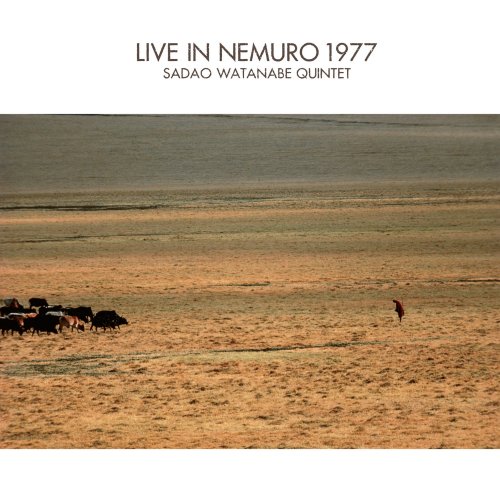

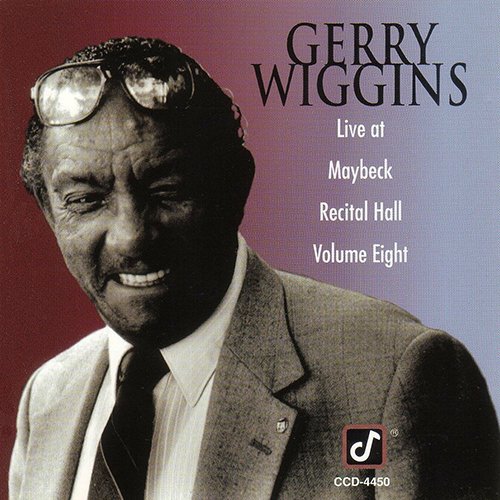
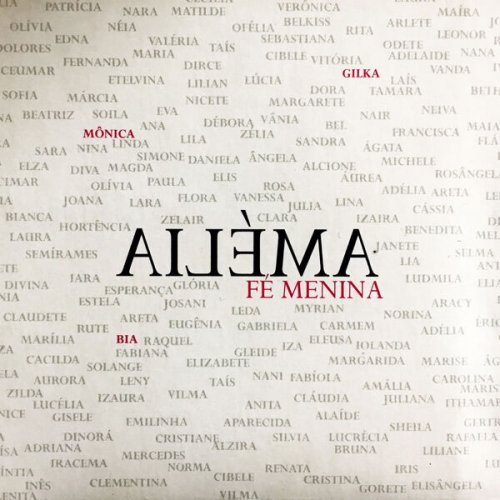


![Noé Sécula - A Sphere Between Other Obsessions (2025) [Hi-Res] Noé Sécula - A Sphere Between Other Obsessions (2025) [Hi-Res]](https://www.dibpic.com/uploads/posts/2025-12/1766108017_sej880ryk23va_600.jpg)
